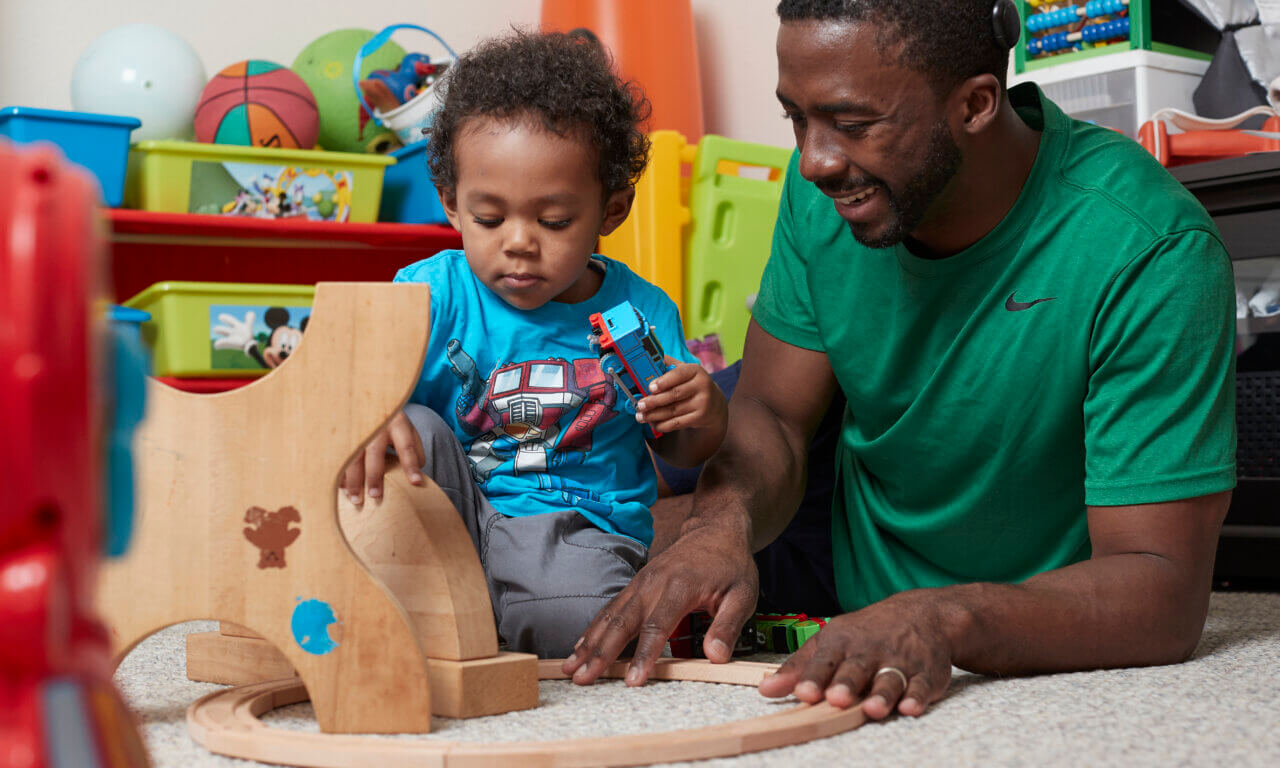What happens when my
practice refers patients?

How your practice can support patients undergoing CI treatment.
Combine your expertise, pioneering technology, and insights from experienced surgeons to deliver optimized patient care. As your patients consider and prepare for the journey ahead, they may experience a range of emotions. Having a better understanding of what to expect along the way can help bring peace of mind. Get the information you need to prepare your patients for what’s to come, and access helpful resources to help educate them along the way.
What happens after a patient referral?

Patient Candidacy Evaluation
- Various candidacy tests using tones, words, and sentences with hearing aids
- If you are not a cochlear implant candidate, different options discussed
- Cochlear implant candidates schedule appointment with surgical implant physician

Implant Physician Appointment
- Determine medical candidacy for the implant procedure and schedule imaging appointment
- Insurance verification and pre-certification
- Schedule implant procedure

Pre-Surgical Appointment With Audiologist
- Set personal goals for hearing with a cochlear implant and/or bimodal solution
- Choose the cochlear implant sound processor and your personal accessories
- Discuss expectations and next steps

Implant Surgery
- Outpatient surgery procedure (typically takes 2 hours)
- Device is implanted via a small incision behind the ear
- Most patients can return to normal activities within a few days of surgery

Activation and Programming
- Takes place approximately 3-4 weeks after surgery
- Program and turn on your sound processor
- Orientation and introduction to equipment and hearing therapy

Life With a Cochlear Implant
- Over the next few months, patient will continue working with their audiologist to fine tune the device for optimal hearing
- Ongoing hearing therapy
What can patients expect?
Many factors contribute to improved hearing performance. In addition to significantly improved scores in word recognition and sentences in noise, research and decades of experience have demonstrated that hearing implants provide:
- Improved speech and language skills 1,2
- Improved anxiety & depression 3
- Improved quality of life 3,4,5
1. Runge, C.L., Henion, K., Tarima, S., Beiter, A., & Zwolan, T.A. (2016) Clinical outcomes of the CochlearTM Nucleus® 5 Cochlear Implant System and SmartSoundTM 2 signal processing, Ear & Hearing, 27, 425-440.
2. Internal data. Best aided condition (bilateral hearing aids in 76% of cases; unilateral hearing aids in 24% of cases) preoperative vs. implant ear only at 12 months post-intervention implant ear N=38 Nucleus 5 clinical trial subjects
3. Clark, J. et al (2012). Cochlear implant rehabilitation in older adults: Literature review proposal of a conceptual framework. Journal of the American Geriatric Society 60, 10, 1936-1945.
4. Lenarz, T. et al (2017) Patient-related benefits for adults with cochlear implantation: a multicultural longitudinal observational study. Audiology & Neurotology. 22, 61-73
5. Damen, G. (2007) Cochlear implantation and quality of life in postlingually deaf adult: long-term follow-up. Otolaryngology Head Neck 36, 597-604.










